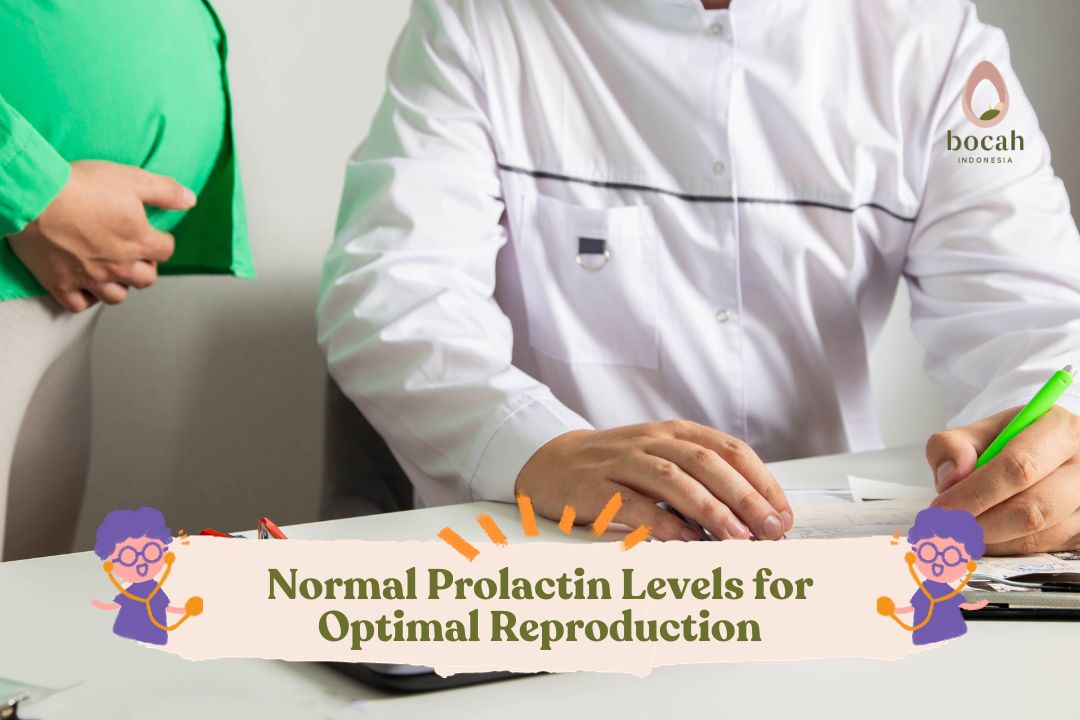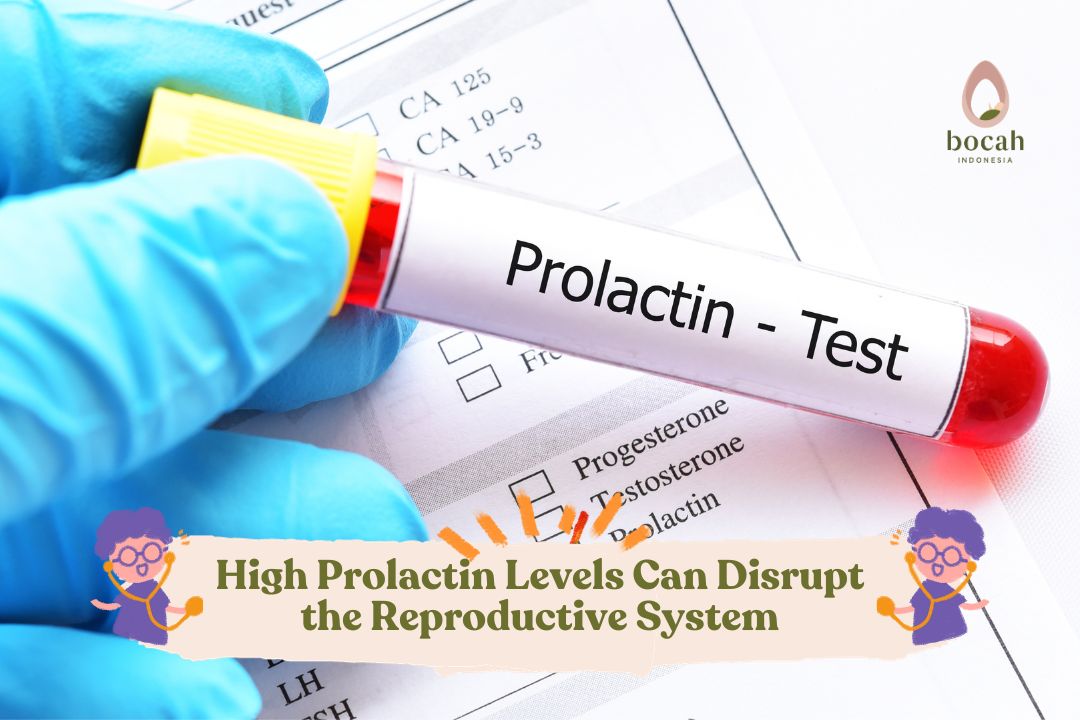Excess Prolactin Hormone Reducing ‘Play’ Desire?

Prolactin hormone plays a crucial role in both men and women. An imbalance in its levels can lead to various health disturbances.
One of the hormones present in both men and women is prolactin hormone. Prolactin hormone is produced by the pituitary gland located at the base of the brain.
This hormone has a vital and wide-ranging role in the body, from its impact on metabolism, the reproductive system, to immune system resilience. The production of prolactin hormone is regulated by two main hormones, dopamine and estrogen.
Having a crucial role, hormones in the body must have balanced levels. So, what happens if the body has an excess of prolactin hormone? Find out in the following explanation.
Functions of Prolactin Hormone
As mentioned above, prolactin hormone functions in regulating the immune system, metabolism, and the reproductive system. Given its broad functions, the level of prolactin hormone in the body must be balanced.
Tanya Mincah tentang Promil?
In men, prolactin plays an essential role in stimulating sperm production. Additionally, it also has a role in stabilizing sexual desire in men.
Not only for men, this hormone is also present in women. In women, it plays a role in breast development, regulating menstrual cycles, and stimulating breastfeeding.
Its levels increase during pregnancy and while breastfeeding in women. However, these levels return to normal after a few months of breastfeeding.
What Happens If the Body Has an Excess of Prolactin Hormone?
The condition where the body has an excess of prolactin hormone is called hyperprolactinemia. This condition occurs when the level of prolactin hormone in the body is too high.
In women, this condition can occur outside of pregnancy and breastfeeding. Excessive prolactin levels can also indicate the presence of a prolactinoma tumor in the pituitary gland, thyroid hormone deficiency (hypothyroidism), chronic kidney disease, chest wall injury, or chronic liver disease.
Additionally, excess prolactin hormone can increase milk production in women who are not pregnant and not breastfeeding. Furthermore, one of the other effects of excess prolactin hormone is menstrual problems and even fertility issues.
Hyperprolactinemia can be caused by the use of certain medications, such as antihypertensive drugs, anti-nausea drugs, birth control pills, antidepressants, and opium pain relievers.
On the other hand, in men, hyperprolactinemia can lead to decreased sexual desire, erectile dysfunction, and even impotence.
Can Excess Prolactin Hormone Affect Fertility?
Considering one of its functions is vital in the reproductive system, particularly in regulating the menstrual cycle, an imbalance in its levels can indirectly affect fertility.
Moreover, hyperprolactinemia can disrupt the production of other reproductive hormones, namely estrogen and progesterone. This can lead to irregular menstrual cycles and ovulation.
If ovulation is difficult to determine, the chances of getting pregnant become smaller.
When Should You See a Doctor for Excess Prolactin Hormone?
When men and women have excessive levels of prolactin hormone, the symptoms experienced vary from person to person. In women, some symptoms indicating excess prolactin or hyperprolactinemia include:
Menstrual cycles stopping
Vaginal dryness leading to pain during intercourse
Infertility or fertility problems
Breast area feeling painful or tender
Decreased sexual desire
If you experience the above conditions, it is important to see a doctor, especially if menstrual cycles are irregular for an extended period. Many women are unaware of hyperprolactinemia symptoms.
You still have a chance of getting pregnant through treatment if hyperprolactinemia responds well. So, if you and your partner want to conceive quickly, consult with the nearest fertility clinic to receive the appropriate treatment.
This article has been medically reviewed by Dr. Chitra Fatimah.
Source:
- Al-Chalabi, M., et al. Physiology, Prolactin. National Library of Medicine. https://www.ncbi.nlm.nih.gov/books/NBK507829/
- Samperi, I., et al. (2019). Hyperprolactinaemia. J Clin Med. 2019 Dec 13;8(12):2203. https://pubmed.ncbi.nlm.nih.gov/31847209/
- Saleem, M., et al. (2018). Prolactin Biology and Laboratory Measurement: An Update on Physiology and Current Analytical Issues. Clin Biochem Rev. 2018 Feb;39(1):3-16. https://pubmed.ncbi.nlm.nih.gov/30072818/





